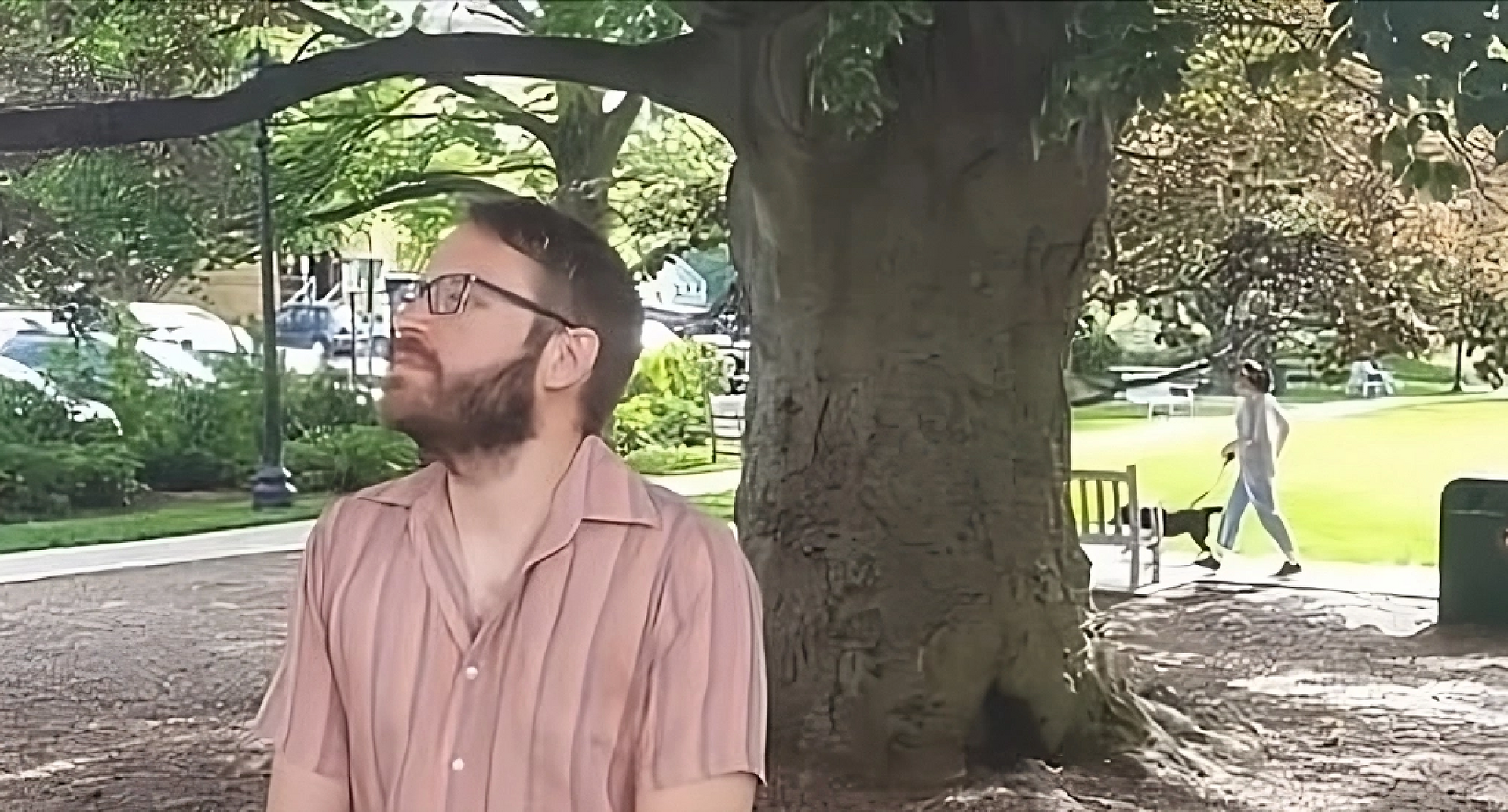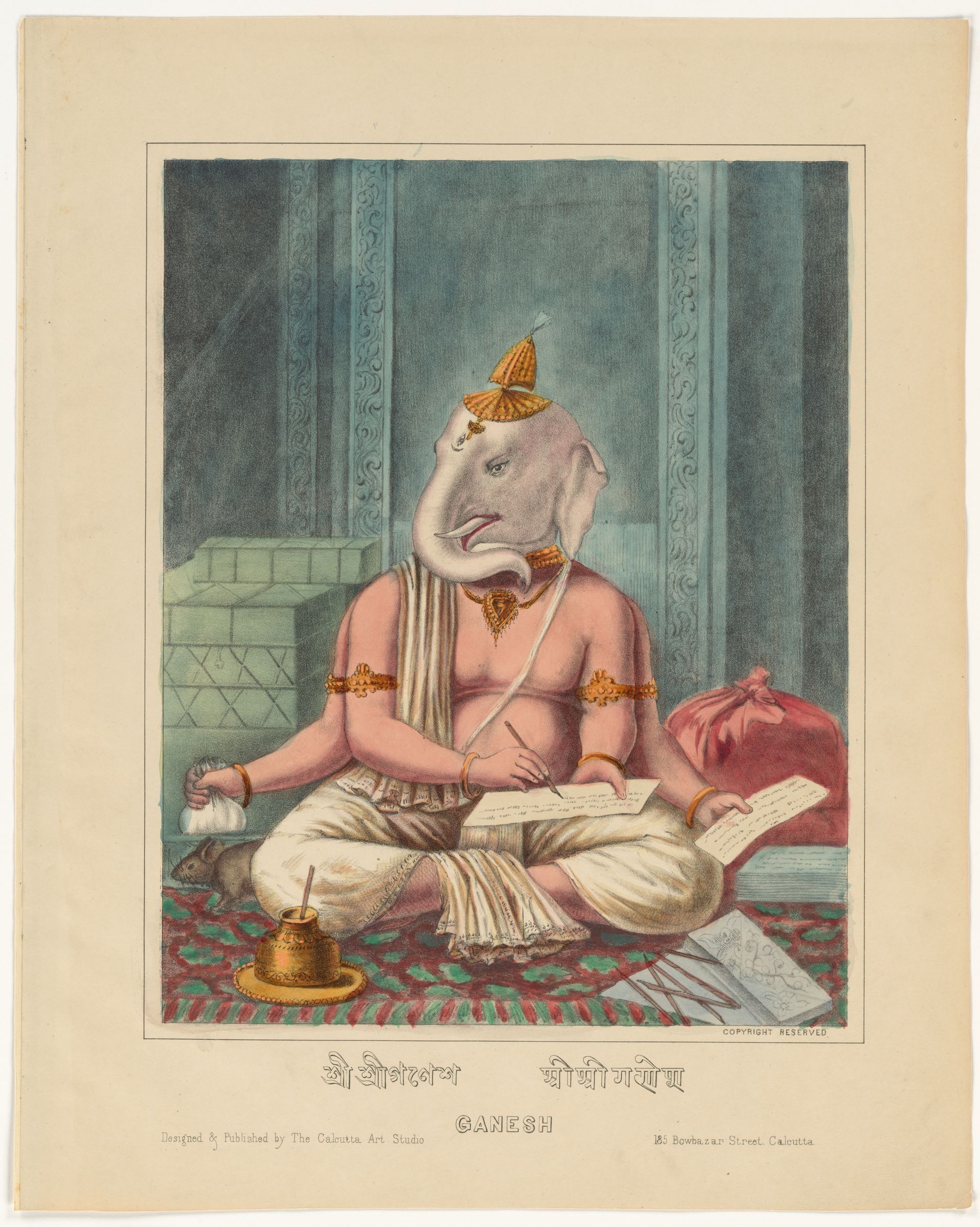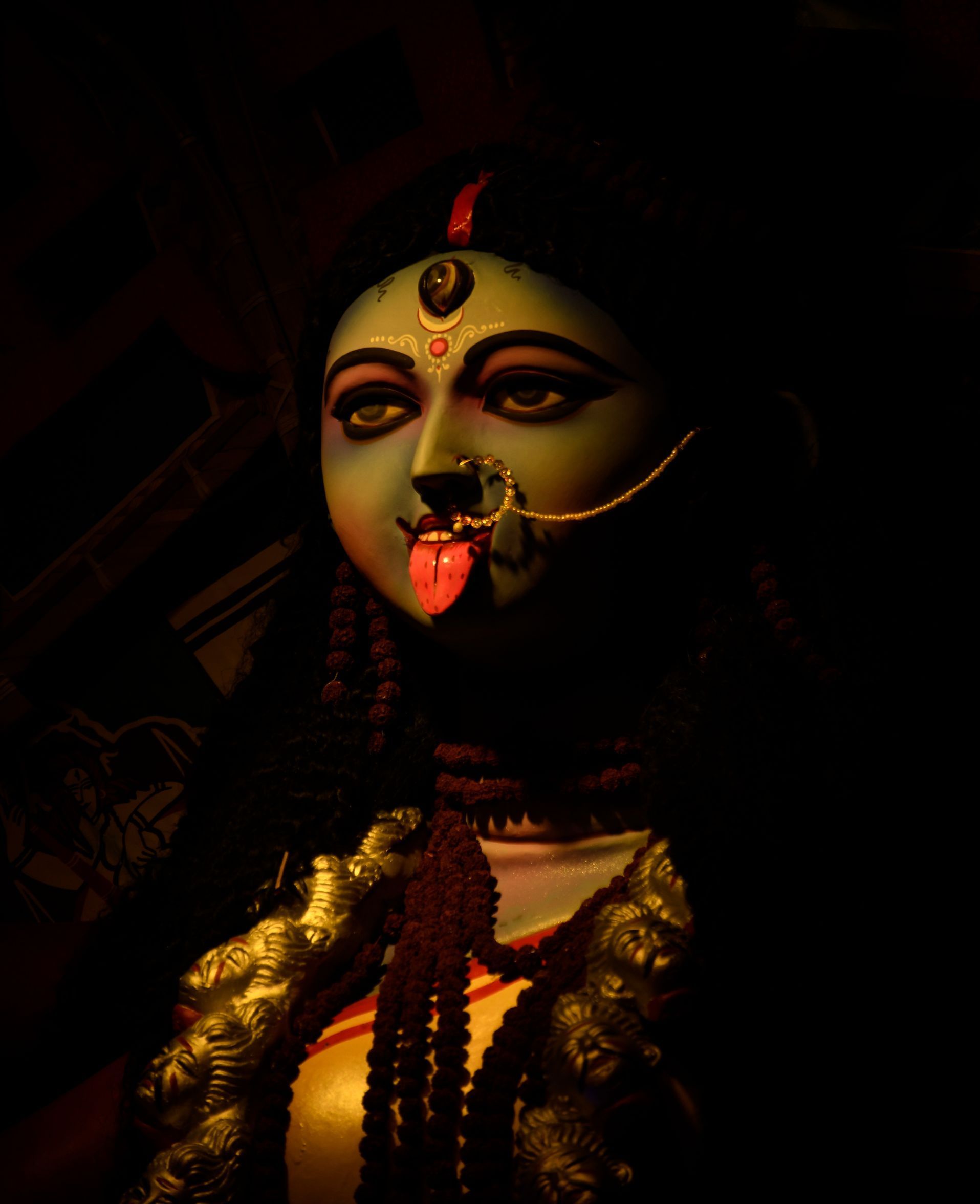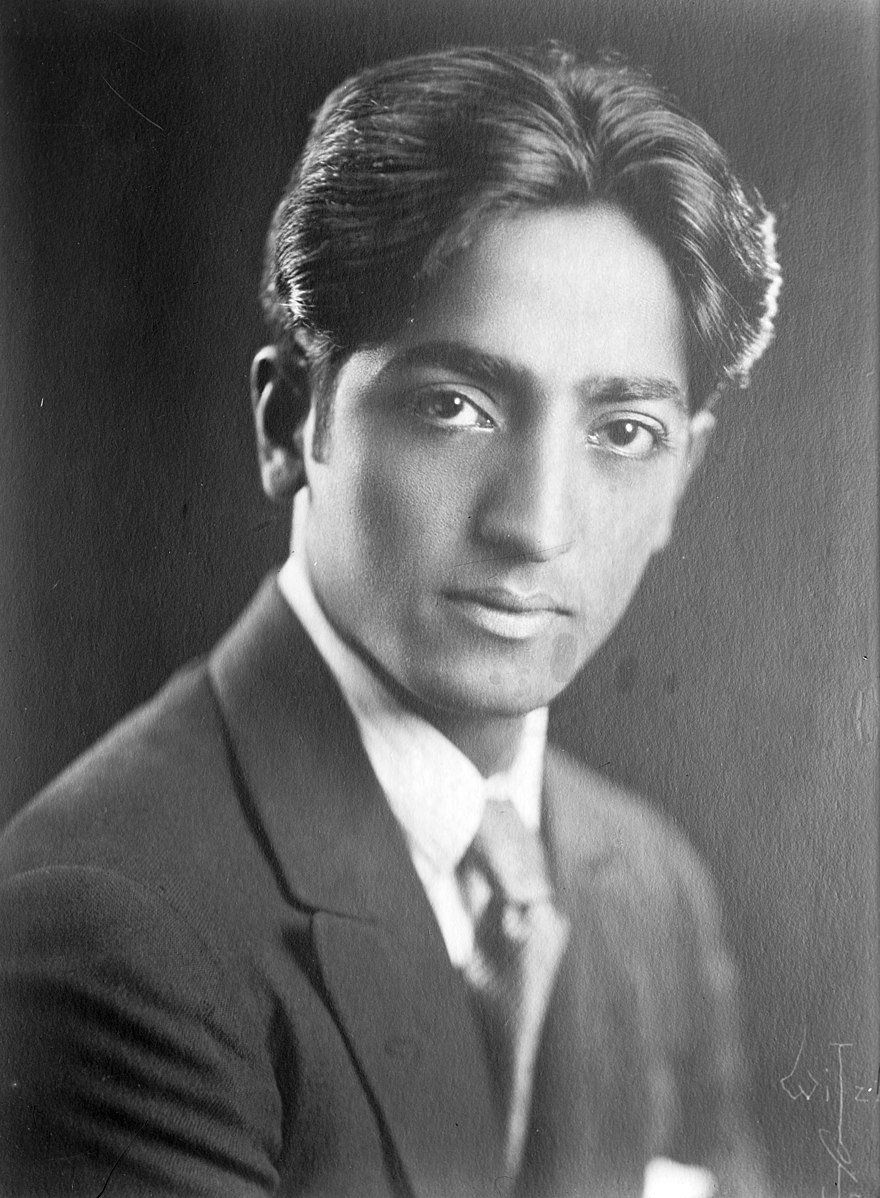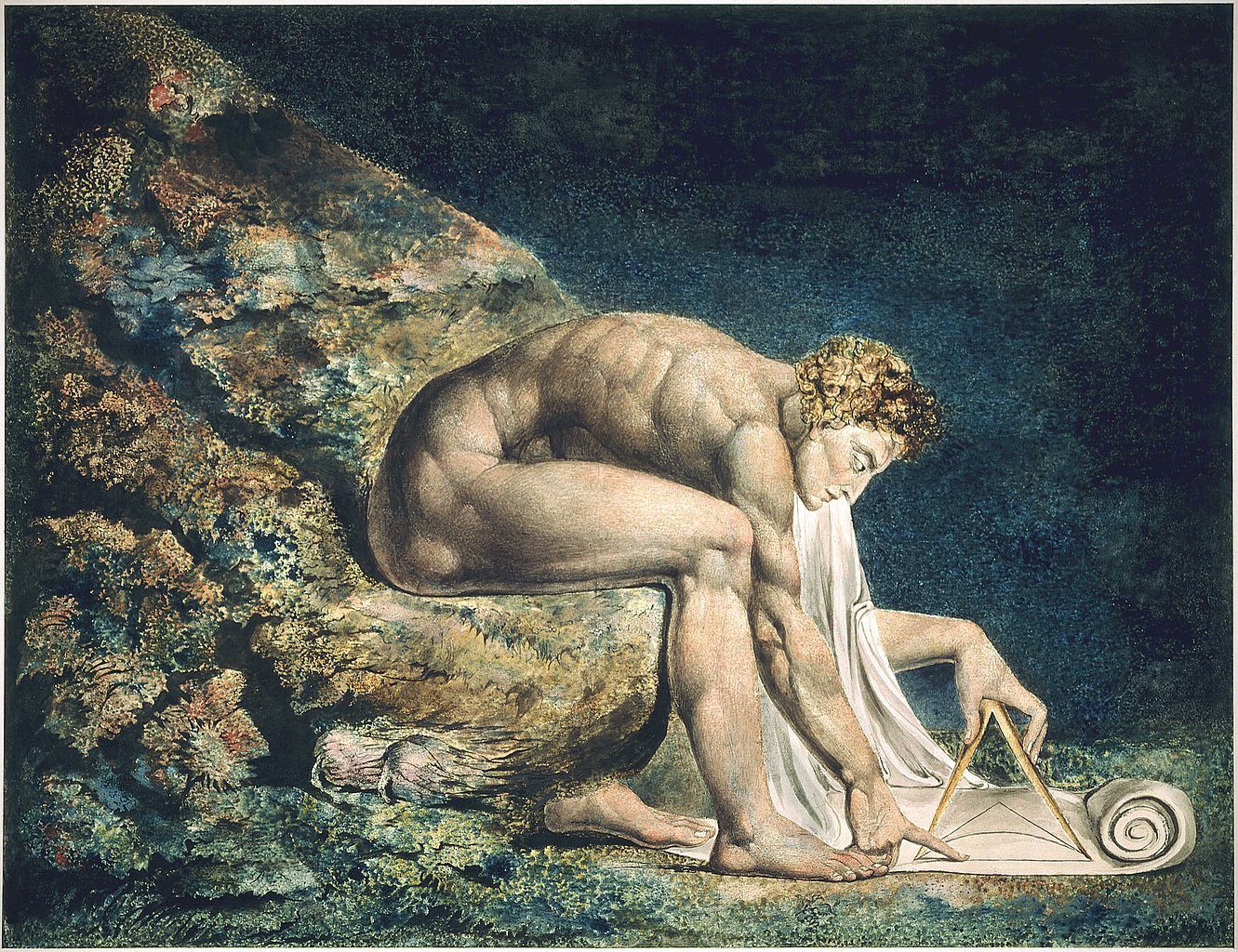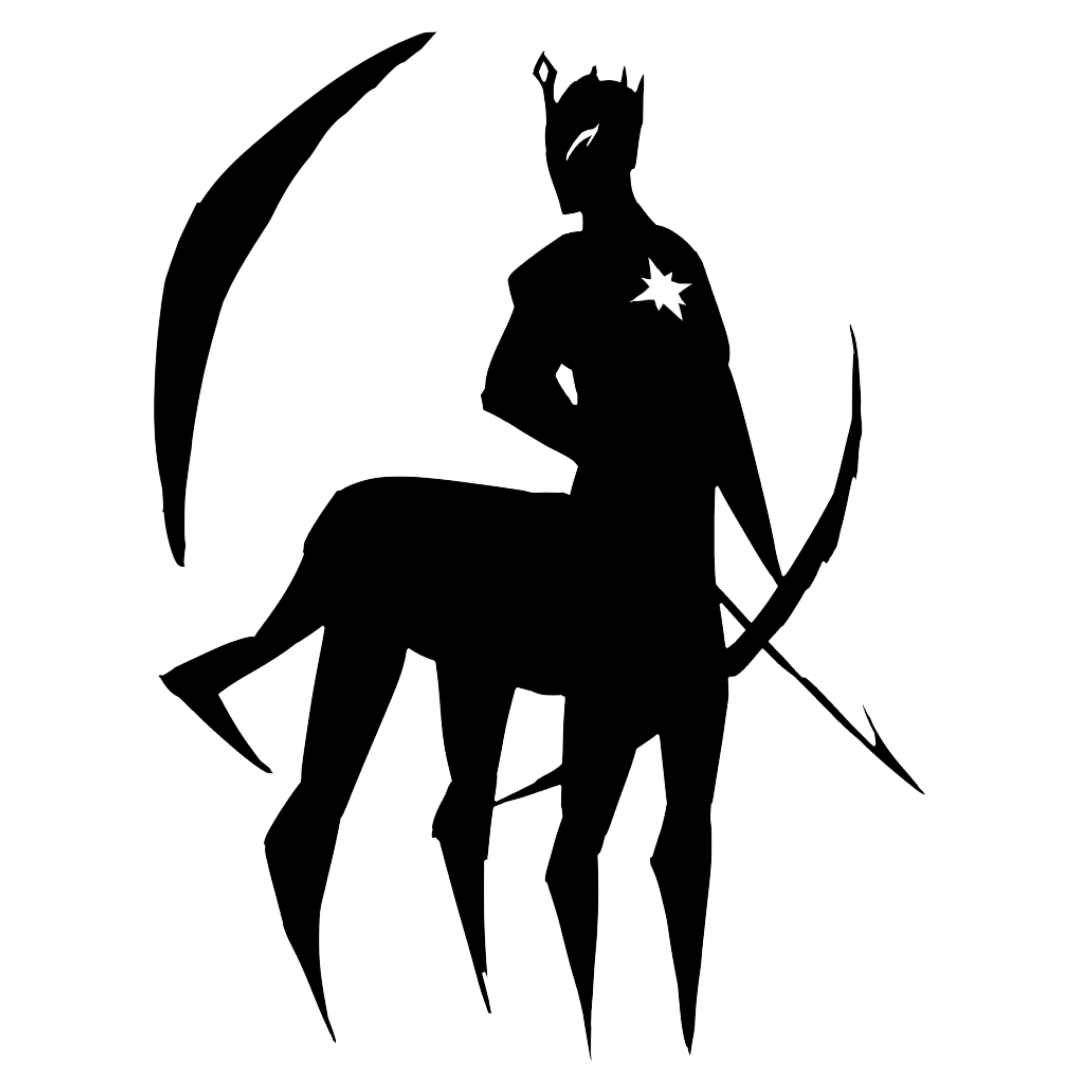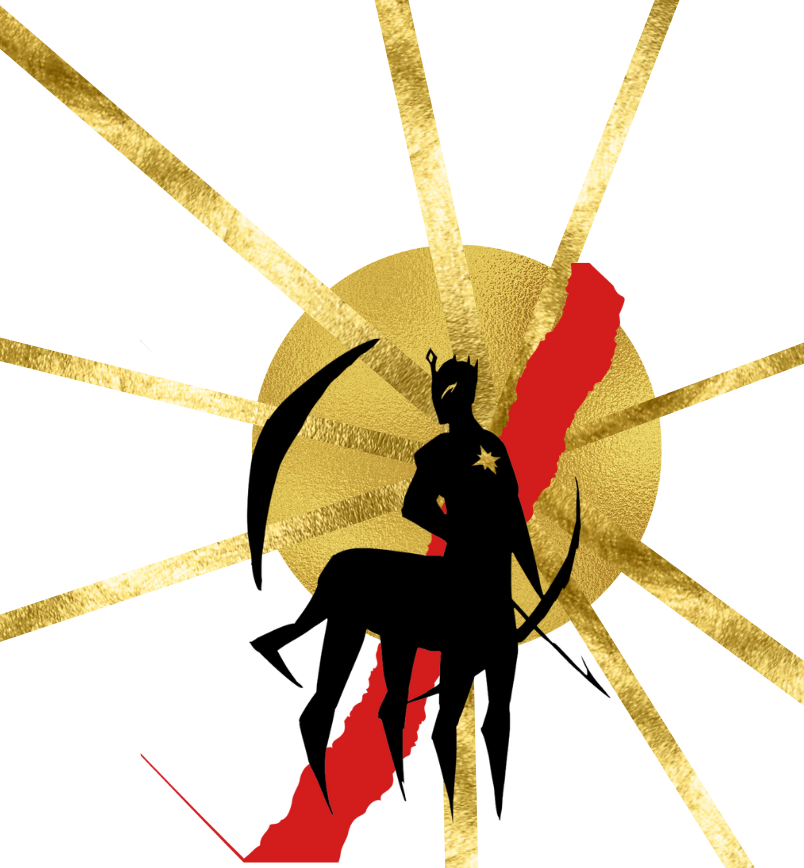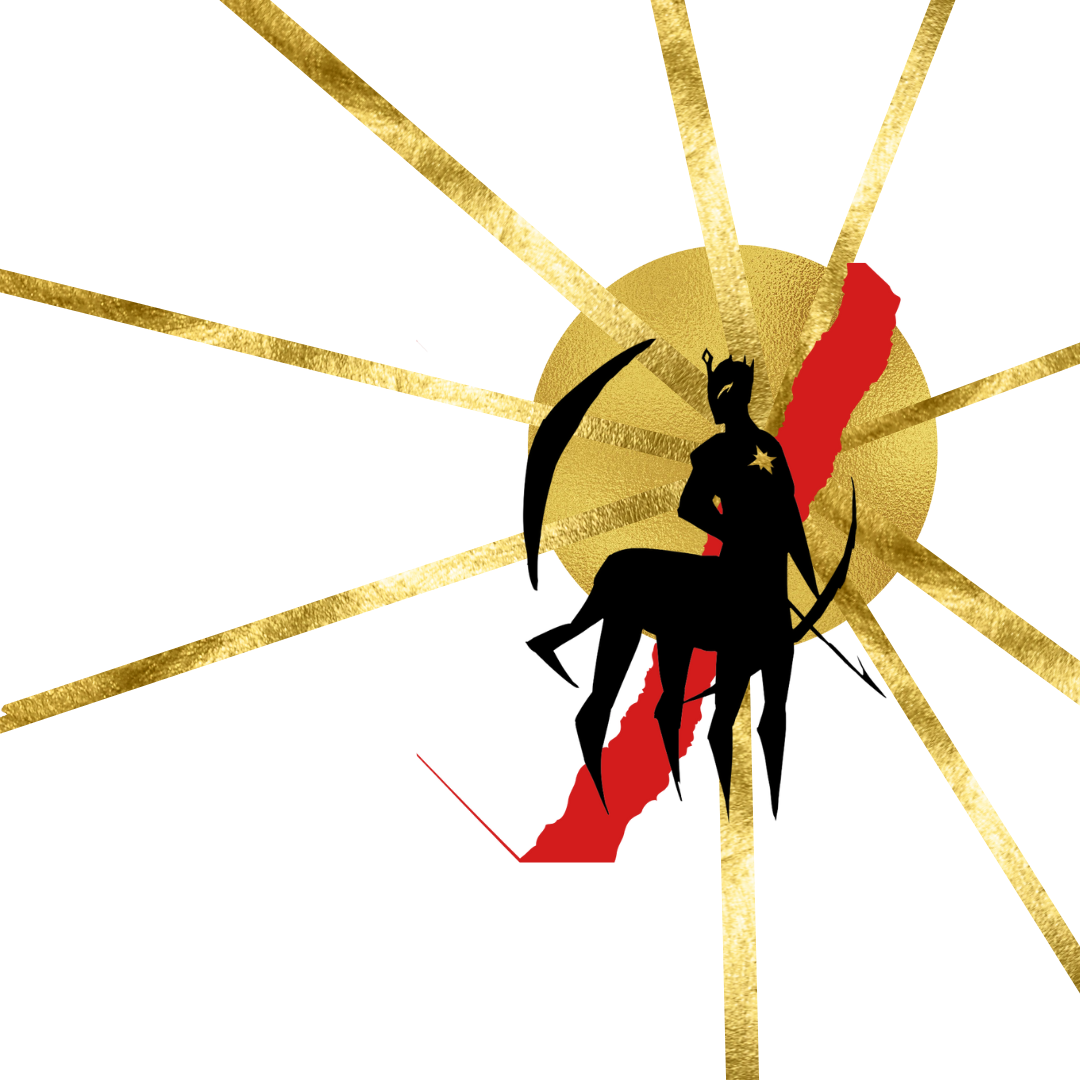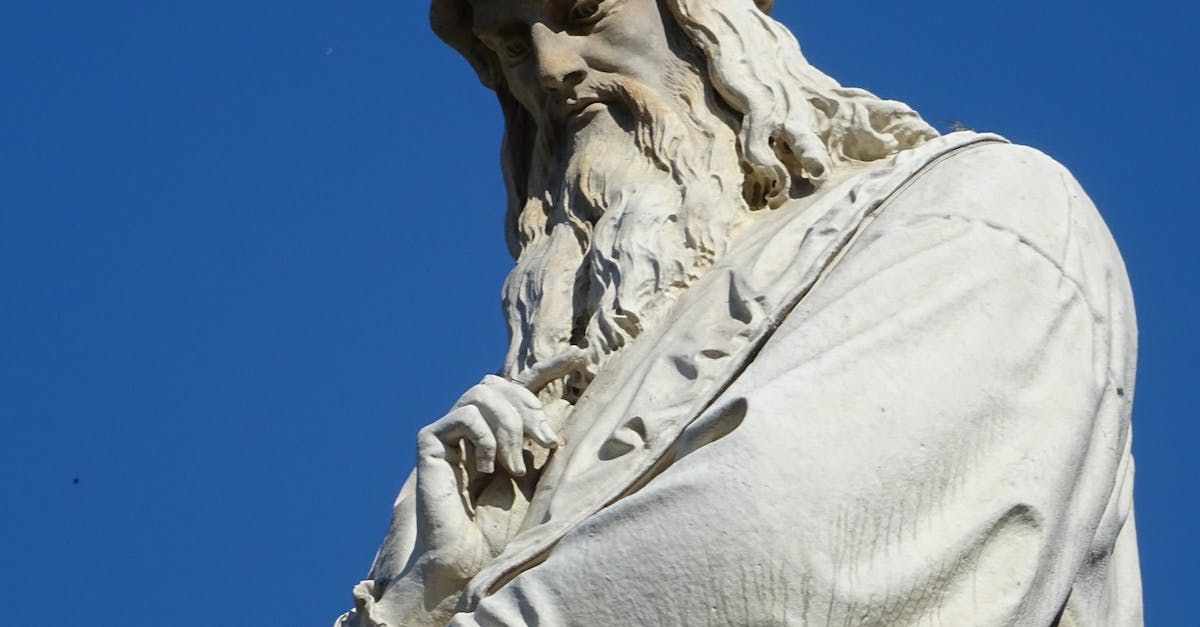Myra Dunoyer : Diamond in The Rough
A Visionary Storyteller and Advocate for Africa's Influence
CONVERSATION WITH
MYRA DUNOYER VAHIGHENE 🇨🇩
In a world under influence of American soft-power, where African art and culture often languish under stereotypes, Myra Dunoyer Vahighene's mellifluous voice resonates with the dignity of Africanness.
Myra emerges as a visionary storyteller and fervent advocate for Africa. She is driven by an unwavering determination to share the continent's rich culture and history, beyond identity politics.
Through her platform, Eleza Masolo, Myra traces narrative pathways between Africa, the East and the West, honoring African myths, traditions and languages, with the desire to unite, to connect deeply on a universal level, rather than divide.
Eleza Masolo is more than a storyteller's performance—it is a pioneering cultural initiative to bolster Africa's influence with a deeper understanding of its socio-cultural dynamics. At its core, the art of African storytelling, a skill perfected by Myra Dunoyer, whose stage charisma and love for Africa radiate from her voice, as you're about to experience.
Through authentic and captivating narratives in Swahili, Lingala, and French drawn from the sub-saharan cultural mosaic, Eleza Masolo partners with NGOs, businesses, and individuals engaged with African communities and economy.
In this spellbinding dialogue, Myra offers an intimate glimpse into her personal odyssey. From her resilient upbringing to her radiant beginnings as a storyteller, her story is one of grit, determination, and ultimate recognition as a versatile artist.
From the bustling streets of New York to the vibrant heart of Kinshasa, Revue {R}évolution invites you on a breathtaking journey into Myra's world—a celebration of Africa's timeless splendor. Such a unique and inspiring trajectory for a poet!
Portrait Of a Rebel Artist
Murielle Mobengo: Myra, it's truly delightful to meet you! My first encounter with you was through a video by a YouTuber who explores the French language's vitality worldwide.
Myra Dunoyer Vahighene: Yes, indeed. Hugo from the YouTube Channel innerfrench reached out to me via email after I shared a video about the disappearance of African languages in which I share an anecdote about my arrival in Kinshasa. Back then, I hardly spoke any French and communicated mostly in Swahili, my mother tongue. Upon my arrival, people labeled me a "villager," subjecting me to ridicule. Hugo was intrigued by the topic, and wanted to address the perception of French in Francophone Africa.
This reminds me of Sony Labou Tansi, a Congolese writer, who faced ridicule for his lack of French proficiency when he moved to Brazzaville from Kinshasa. Despite the humiliation, he became Congo-Brazzaville's most celebrated writer, with his work published by Gallimard, a prestigious Parisian press.
Your celebration of RDC's culture is admirable, Myra, especially this heartfelt declaration of love for Kinshasa—"Na lingaka Kisasa trop penza"! How refreshing to meet a talented native African who not only knows Africa and its peoples, but also cherishes its beauty.
The tired narratives that plague the portrayal of Africa and its people are disheartening, frankly. In Europe, it oscillates between saving Africa and fearing immigration. In America, African-Americans are often reduced to just their skin color, perpetuating divisive racial narratives—even among themselves. Yet, science has long debunked the concept of race...
This sad situation is the result of the disconnection of African Americans from their African roots, leading to a romanticized perception of Africa and stereotypes about African identity which certain African-American activists perpetuate without actually knowing Africa. Their views are sadly relayed in the media and even in universities.
As a universalist, I prioritize careful historical examination, and the future's potential over the unchangeable legacy of the past. In personal crises, like illness or conflict, we naturally focus on recovery and let our life-force, our resilience propel us forward. Yet, we seem incapable of adopting the same forward-thinking approach to collective well-being! Divisive narratives only perpetuate cycles of victimization and hatred. My upbringing in Europe, with exposure to Africa and America enriched my understanding of history and shaped my worldview.
I am also an empiricist. I prioritize experiential learning over divisive politics and have witnessed firsthand, like poet Maya Angelou, the transformative power of reconnecting with Africa. For people of African descent, immersive experiences can be healing, life-changing. Eleza Masolo’s initiative to reunite and harmonize through authentic and vibrant African storytelling resonates deeply! I believe it’s highly relevant in today’s context, especially in America and Europe. That was long, sorry. I support your initiative fully. I'll be quicker next time (laughs).
That's fine! I understand. I'm with you on this. Africa is home to diverse political, economical, and cultural experiences. While some may feel compelled to leave, there are many who genuinely love Africa. Personally, I can't envision myself living in Europe or the United States. I have a deep affection for Africa. Here, the possibilities are endless. Sure, there are challenges, but Africa is truly remarkable.
I recall interviewing a Nigerian artist named Oluwole Omofemi a few years back. Despite gaining recognition, he never once considered leaving Africa. How did your journey as a storyteller begin, Myra? What led you to pursue it as a full-time endeavor?
THIS VIDEO IS SUBTITLED:
JOIN THE CONVERSATION ON YOUTUBE!
OR SPOTIFY
From Africa's Lips : The Birth of a Storyteller
I've always been talkative! That's part of who I am. As a child, I'd eagerly recap TV shows for friends, infusing the plots with my own flair—a touch they found more engaging than the shows themselves! (Laughs) Yet, amidst this chatter, my adolescent insecurities lingered, fueled with a glaring absence of relatable African representation in media and film. Africa seemed to suffer while Europe triumphed, and I couldn't reconcile why I didn't fit that mold. Then, one day, I came accross the history of Black Africa. Its beauty and richness literally charmed me. I felt a burning desire to share these stories, to shine a light on African heroes and honor our heritage. And thus, Eleza Masolo, my YouTube channel, was born.
The Covid pandemic played a pivotal role in this. Prior to its onset, I juggled various projects—from teaching African art to children to working at the French Institute in Kin, and pursuing professional photography. But when the world ground to a halt, so did I. This moment of pause allowed me to refocus on storytelling and my channel. In 2021, I organized a public storytelling event to expand beyond YouTube, to showcase the diversity and richness of our culinary traditions. I even shared the tale of Yasuke, the first black samurai who served under Oda Nobunaga, a Japanese warlord from the 16th century.
Along the way, a collaboration with the French Institute unexpectedly arose. They were in search of a professional storyteller, and although I initially recommended my friend and fellow
conteuse Jovita Songo, fate intervened, and I found myself in the spotlight instead. From there, I embarked on larger-scale events, culminating in a collaboration with Canal+ (a subsidiary of the media mogul Vivendi), where I tackled the sensitive topic of sexuality—a tale even my father enjoyed. (Laughs) It's quite amusing! I was handsomely rewarded for my efforts.
The Inner Artist: Between Alchemy and Love of Knowledge
What a remarkable journey! It's fascinating how gifted some artists are, literally creativity chameleons! Personally, I've long been intrigued by the concept of giftedness, partly due to family reasons. I've come to realize that curiosity and assertiveness play a major role in the success of performing artists (that includes visual artists and poets).
Here's a little anecdote that never fails to elicit laughter. At the age of eleven, I fell ill and needed a blood test. When I learned my blood type, I felt a pang of disappointment. I had hoped for a unique blood type, something like Y, W or Z, something that would reflect my uniqueness. (Laughs) Regardless, my self-esteem remained unwavering, even faced with the challenges of illness, like elephantiasis. Though my foot swelled and mobility waned, I saw it as a physical ailment, not a reflection of my essence. The moment I sensed it altering my inner landscape, I resolved to cultivate more strength and a positive mindset—a disposition that others often admire. I simply cannot envision living any other way.
From a young age, I've been aware of my talents. I have a melodious voice and a knack for singing. As a child, I harbored ambitions of being a writer, photographer, and musician simultaneously. However, I made a pragmatic decision, recognizing that music in the DRC wasn't particularly lucrative. While drawing didn't hold much appeal, photography did. I aspire to continue exploring the world, my talents, and expanding my horizons.
At times, I'm struck by the limitations of human existence—we're bound by time, destined for mortality, and only capable of learning so much in our lifetimes. Yet, my curiosity knows no bounds. I yearn to absorb everything, to discover every facet of knowledge. My studies at the Academy of Fine Arts in Kinshasa, particularly in interior architecture and design, immediately resonated with me. There's an inherent creativity in design that speaks to me. In decoration, however, unless it serves a purpose—such as enhancing spaces for those facing challenges or disabilities—I struggle to find meaning in embellishing ordinary environments.
Crossed Perspectives on The Congos:
Kinshasa & The West
How wonderful that you had the opportunity to experiment with such diverse disciplines and nurture the artist within you. What you've described is a unique aspect of Africa. Pursuing studies in Fine Arts, attending design school, and exploring various artistic realms are incredibly challenging endeavors in the West.
I firmly believe in the artist's divine destiny and in our inherent freedom. With a rebellious temperament, I've even found myself confronting God when things don't align with my desires! (Laughs)
My mother treated me as an adult from a young age, which fostered my independence. She gave me tough love. While she tried to influence my professional choices, my determination prevailed. I ventured out on my own at a young age, following my instincts and carving my own path. I have no regrets. I was determined to be independent by the age of eighteen, which led me to Kinshasa. Through my travels and encounters with people from diverse backgrounds, I've come to see the universe as a vast playground for exploration.
The Brain Drain
Listening to your insights, Myra, I'm struck by the contrasting dynamics between Kinshasa and Brazzaville. Congo-Brazzaville feels rather stagnant and cold, with a prevailing wait-and-see mentality. In contrast, the DRC seems to buzz with activity and energy.
I believe this contrast can be attributed, at least in part, to colonial legacies. Former French colonies tend to adopt a bureaucratic mindset akin to France, lacking the entrepreneurial spirit found elsewhere. The DRC, however, boasts a different legacy. It's a nation of fighters, of innovators who refuse to sit idle and wait for change. A storyteller friend from Brazzaville shares a similar sentiment. Despite facing inertia daily, she sets things in motion remarkably. It's truly courageous. I admire her. Her name is [ ]
Indeed, there's a palpable inertia in France. It's perhaps a symptom of old Europe. However, countries like Germany and the Scandinavian nations seem to operate on a different energy wavelength! (Laughs) The United States attracts talent from across the globe, but France must be vigilant. It risks losing its brightest minds if this trend persists.
The Artist in Search of Success
Revue {R}évolution is deeply committed to honoring artists and poets who strive, achieve, transcend, and triumph. Creativity finds its true purpose in triumph. Creating for the sheer pleasure of it, or out of vanity, leads nowhere. It breeds imposter syndrome, poverty, and repeated failures, trapping artists in a cycle of negativity.
That's why I've developed a program to help artists and poets confront these challenges head-on. Imposter syndrome is an insidious psychological trap, but with introspection, ethics, and guided action, creatives can break free from it.
Eleza Masolo: Pioneering New Socio-Cultural Narrative Frontiers
Speaking a language also means speaking the culture of the country that hosts it. African languages are often practiced mechanically, without taking into account the social and cultural realities they cover. I wanted to provide a solution to this problem.
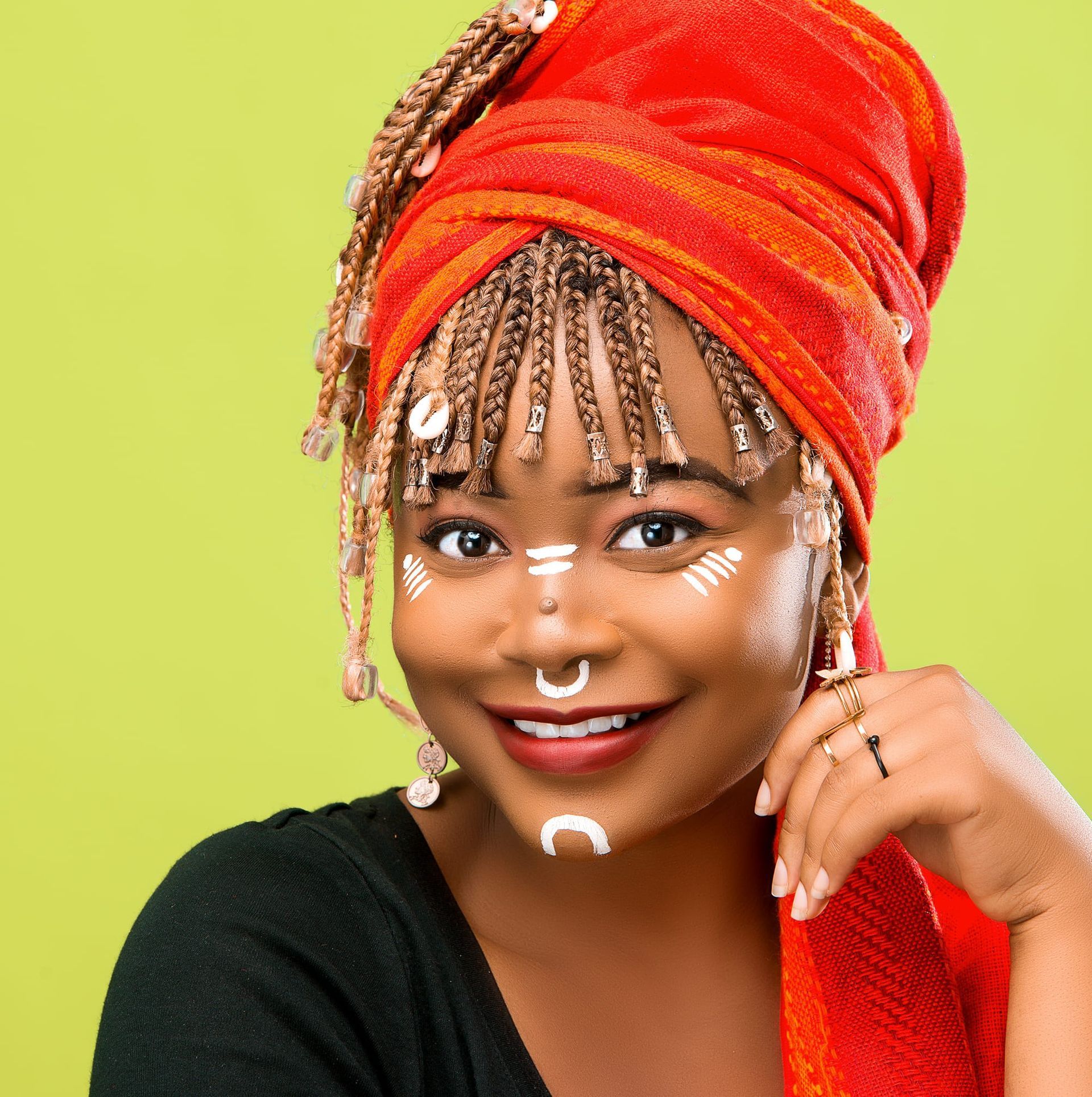
––Myra Dunoyer Vahighene
Myra, for you, storytelling transcends mere entertainment—it's a noble art form with immense socio-cultural potential. Could you share with us your insights into your narrative approach?
Absolutely. Eleza Masolo is a novel cultural initiative in the African and global landscape. I founded it not just as a storytelling platform, but as a social communication agency, a company that aims at developing economic potential by tying cultures together. We specialize in transformative storytelling for both organizations and individuals. Our storytelling is conducted primarily in French, Swahili, and Lingala, infused with the richness of African culture and history. Establishing a profitable structure was essential for a project of this magnitude.
Profitability and Social Impact: Confronting the Artist's Challenge
There's a recurring dilemma among artists—a relentless pursuit of creation without due consideration for the profitability of their endeavors, a profitability that could lift them out of poverty. Many artists find themselves in dire financial straits. They're often marginalized, seen merely as sources of entertainment relegated to the periphery of societal relevance. But art is anything but trivial. I strive for art to serve a social purpose, to integrate into the daily life of our communities and families. I keep reflecting on this constantly.
This year, I took a hard look at my financial investments and promotional efforts and it dawned on me that the time to generate returns had come. This led me to diversify my storytelling and performance activities, ensuring my presence at every significant life event. You'll find me wherever there's discourse—be it in neighborhoods, celebrations, corporate gatherings, and beyond. Speech is central to every facet of human existence. With Eleza Masolo, I want to make storytelling an integral part of life, not just a marketing trick. I want to enrich social experiences and create deeper connections within communities. There's always a story to tell. There's always a story people want to hear.
African Languages and Cultures: Elevating Cultural Impact Through Storytelling
Storytelling, as it's termed in American parlance, permeates every facet of life. My time at the Congo American Language Institute (CALI) made realize that learning English is not only learning the language itself but also American culture, customs, and linguistic nuances. Languages are cultural, social, and economic universes—a facet often overlooked in the teaching of African languages.
Take, for instance, the Swahili term "Asante," commonly translated as "thank you." Yet its essence runs far deeper—it expresses a spiritual gratitude, laden with meaning. In Swahili culture, uttering "Asante" means more than a mere expression of appreciation; it acknowledges collective thankfulness, especially in moments of great peril when one's life has been spared. Similarly, the Indian "Namaste" or Arabic "Shukran" carry gestures and nuances that enrich their meanings beyond mere words.
Eleza Masolo: Redefining Narrative Engagement Beyond Marketing
My vision is to impart these cultural and linguistic subtleties to my clients, be they businesses, NGOs, or individual tourists. While African products are currently in vogue, often hailed for their organic, sun-kissed qualities, the narratives surrounding their marketing tend to be superficial. The stories behind these products, the toil and passion of individuals and communities to bring them to market, often remain untold and unexplored.
For me, storytelling transcends mere marketing—it's a means to narrate the tale of a country, an entire civilization, and forge intimate connections with them. When someone purchases a chocolate bar, they're not just savoring a confection; they're journeying at the heart of Congo, literally feeling its essence before even indulging their taste buds.
Are you involved in the tourism industry, offering excursions in North Kivu? Or perhaps you own a roastery in New York, Brussels, Mumbai, or Paris, specializing in coffee, chicory, and cocoa you want to source from the mighty Nyiragongo? Intertwine the history of these lakes and volcanoes with your product! After all, the flavor of the chocolate you savor is rooted in, and tied to its origins. I believe we're not creating anything new—we're simply harnessing the gifts bestowed upon us by Nature. It's our task to elevate these natural wonders through storytelling, unveiling their richness and beauty.
The idea of "discovery" often makes me smile. Did Diego Cao, the Portuguese explorer credited with "discovering" the Congo in 1483, stumble upon an uninhabited land? Certainly not. The Congo was already home to thriving communities, even at the very spot where Cao planted King John II of Portugal's marker. True discovery lies not in unearthing untouched lands, but in recognizing the depth and vitality of the Earth's existing inhabitants.
For instance, NGOs striving to raise awareness about contraception in rural areas in RDC sometimes falter due to a lack of understanding of local socio-cultural dynamics. It's essential to approach tribal chiefs and community leaders with the reverence they deserve, acknowledging their unique roles within their societies.
Myra Dunoyer Vahighene, thank you for this eye-opening interview.
Eleza Masolo is committed to empowering NGOs, businesses, and initiatives operating in Africa by offering crucial socio-cultural insights for their success. Our goal is to provide socio-economic stakeholders with a comprehensive understanding of the communities they serve. We help them implement programs that will be fully embraced and beneficial to all, and foster prosperity across the board.
––Myra Dunoyer Vahighene
Revue {R}évolution
